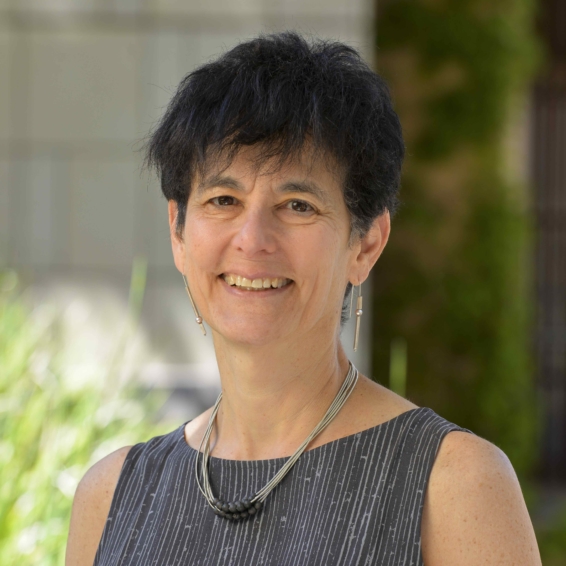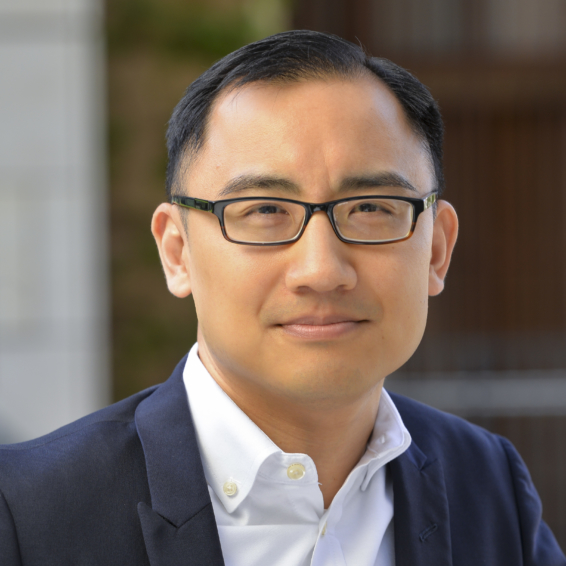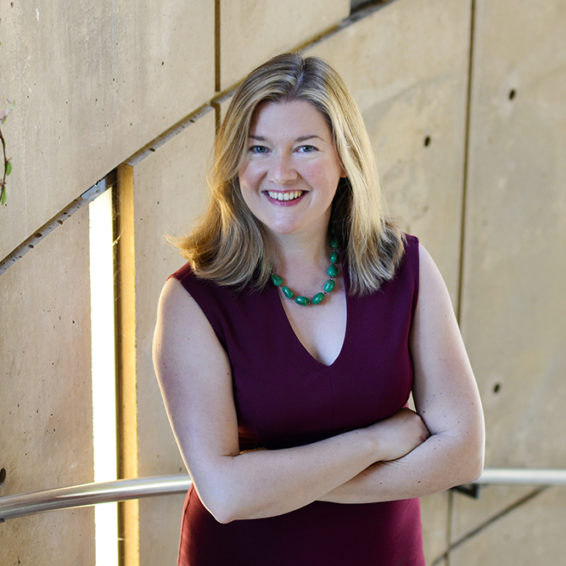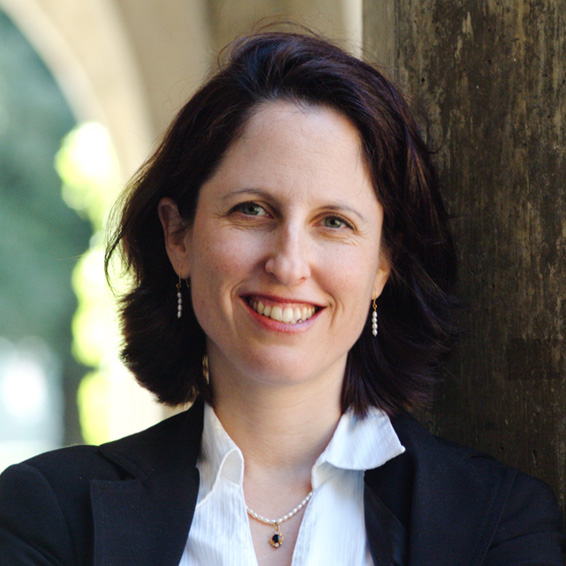Academia
Over the past fifteen years, Stanford has intensified its focus on preparing students for careers teaching law and has emerged as a dominant force in legal academia. A number of factors make Stanford an exciting place to prepare for an academic career in law. Stanford Law School’s Program for Aspiring Law Teachers offers many structured opportunities to gain exposure to legal scholarship, produce it, and prepare to cultivate the next generation of lawyers.
Between 2010 and 2017, roughly 10 percent of each entering class pursued a scholarly career, and about 53 percent of graduates who sought such positions succeeded — a very strong placement record. In 2020–2021, 80% of Stanford Law School JD students secured tenure-track placements at many impressive institutions, including Columbia Law School, Cornell Law School, Georgetown Law School, Stanford Law School, the University of Pennsylvania Law School, Harvard’s Kennedy School of Government, and the University of Pennsylvania’s Wharton School of Business.
Stanford’s academic culture is also enhanced by its outstanding fellowship programs, which have enjoyed an 80% placement rate over the past four years, resulting in 26 hires—the best record of any large fellowship program. Current fellows are often willing to give guidance to JD students about academic paths both informally and through shared workshops on legal academic subjects.
Emergence as a Dominant Force in Legal Academia
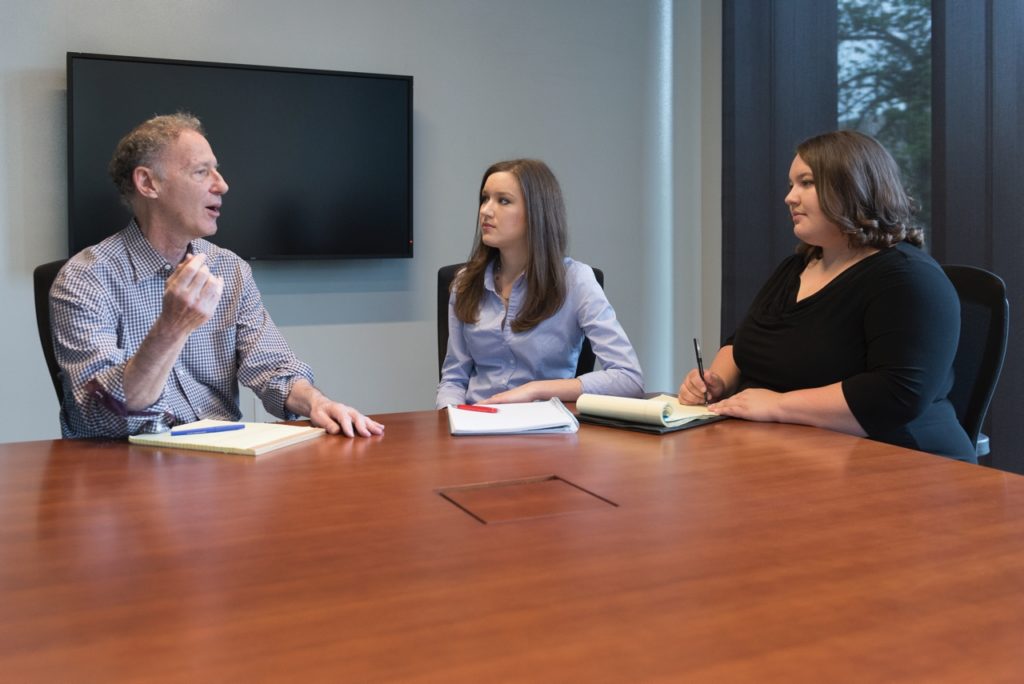
A number of factors have contributed to Stanford’s emergence as a dominant force in legal academia over the past decade. The smallness and informality of the school give students unparalleled access to faculty members as mentors. As part of the formal JD program, students have extensive opportunities to work on their own research projects, either as part of an organized course or as an independent study under faculty supervision. In addition, Stanford has the most extensive and generous joint degree program of any law school in the country. Since 2007, between 10 and 20 percent of our JD students been enrolled in joint degree programs, some pursuing an academic career, others a career in the public or private sector.
Stanford Law School provides extensive support for our pre-academic students while they are in law school, including regular brown-bag lunches and informal evening get-togethers with faculty, opportunities to present works-in-progress within the law school and across the university, financial support to allow students to present their scholarship at out-of-town conferences, access to faculty presentations, and advice on course of study and publication strategies. The school also provides extensive guidance throughout the job application process, including reviewing applicants’ written materials, promoting their candidacies, and mooting their entry-level screening interview and job talks at the annual Moot Fest.
All of this has made Stanford Law School an intellectually exciting and successful place to prepare for an academic career in law. If you are in the process of applying to law school and are considering becoming an academic, we hope you will consider Stanford. If you would like to discuss the law school’s pre-academic program in more detail with faculty members or current students, please get in touch with Dean of Admissions Faye Deal.
Helping SLS Grads Join the Academy
Job candidates know that thorough preparation is often the deciding factor between success and failure. For Stanford Law graduates aspiring to a career in the legal academy, getting ready for the annual hiring conference sponsored by the Association of American Law Schools (AALS), known as the “meat market,” is essential—if daunting.
SLS has recently introduced to initiatives to help prepare its graduates and fellows for the academic hiring process. “Moot Fest,” held over a weekend in October, brings aspiring legal academics together to rehearse their interviews and discuss their scholarship—in front of a particularly discerning audience: Stanford Law faculty.
read stanford lawyer issue 90

